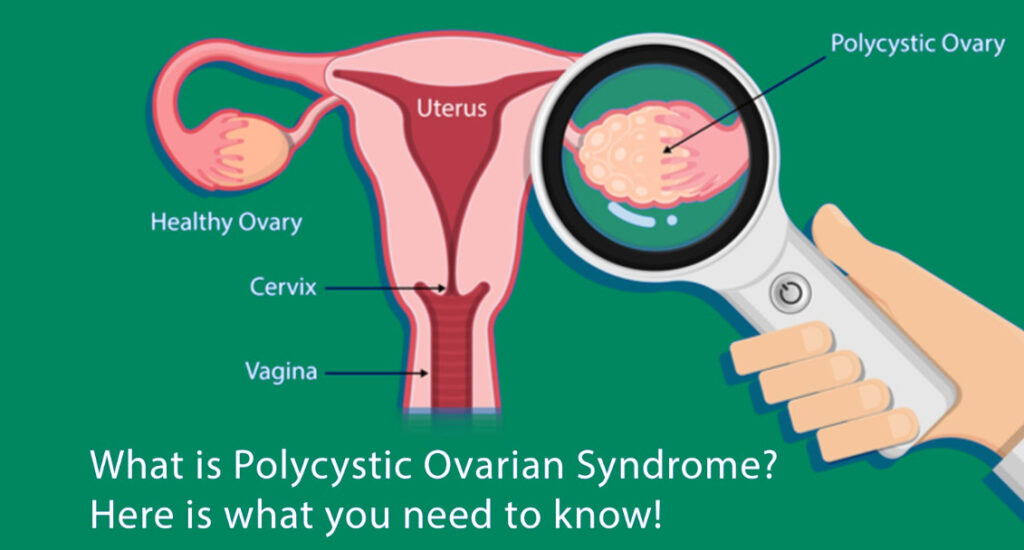As a general rule, if you have been having regular unprotected sex for a year and are not pregnant, you should consult your doctor. Infertility specialists recommend that if you’re over 35, you should seek help after six months, rather than taking a “wait and hope” approach. The tests may take some time, and additional months may have a negative impact on your fertility and on the success of treatment.
Read : SAVE THE SPERMS.. Does our lifestyle effect male fertility?
Says Dr Mohamed: “If you are over 35, there is no time to lose. A fertility clinic will start a focused investigation of the problem. In many cases, a detailed history of the patient will give me an idea of what might be the cause. For instance, if she told me she had put on 10 kilos, I would look at ovulation.
“If she’d had an appendectomy, I would consider tubal blockage. We also do a sperm analysis on the man in every case.” There are other medical circumstances in which you should not wait, but rather consult your doctor immediately – if you have irregular or very painful periods, if you have had a miscarriage, if you have painful or burning vaginal discharge or if he has erectile dysfunction. Your specialist will conduct tests and examinations to determine the cause of the problem, and depending on the cause, may recommend one of several treatments:
- If ovulation is infrequent or irregular, it can be induced, using medications such as Clomid.
- If you suffer from scarring or blocked tubes, surgery may be required.
- Treatment of endometriosis depends on the stage but is often surgical. In severe cases, after surgery you may require in vitro fertilisation.
- Donor sperm or eggs may be required, depending on the quantity and quality of the sperm and eggs.
Read : Love’s Labour Lost? Infertility affects one in every six couples, so you are not alone
Treatments such as in vitro fertilisation may be considered. Whether or not medical intervention is required, taking care of your overall good health can only benefit you. Both you and your partner need to make a determined effort to exercise, eat well, avoid smoking and alcohol, and keep your weight in the right range for your height and build. And take heart – according to Dr Mohamed, if you get medical help in time, the prognosis for secondary infertility is very good.
Fertility: You’ve got options
Here’s a look at some of the medical treatments you could ask your doctor about if you have PCOS and are struggling to fall pregnant. The medical interventions will depend on the severity of your case.

If you’ve already been diagnosed with polycystic ovary syndrome (PCOS), you can probably skip ahead in this article, as you know in your own body exactly what the condition entails. If you suspect you might have it – it is quite common – read on for the definition and symptoms first before jumping into the section on treatment. Here goes:
Read : Laparoscopy The gold standard in infertility investigation
WHAT IS PCOS?
It is a hormonal imbalance known to affect women of reproductive age. It causes unpredictable ovulation, which disrupts the release of the egg for fertilisation. It is one of the most common and treatable ovulatory disorders linked to infertility in women. Though it may hamper your ability to fall pregnant for a while, there are many ways to manage the symptoms associated with this condition. In fact, studies show that women with PCOS who have a healthy lifestyle have high success rates of pregnancy. Women with PCOS experience problems with their metabolism that can negatively affect their overall health. If the condition is left untreated, it could lead to severe health risks and complications.
So if you suspect you have it, it is important to see a medical professional without delay.
Read : What Working Women Should Start Thinking About When They Want To Have A Family?
KNOW THE SIGNS
- There are a number of symptoms linked to PCOS including:
- Erratic menstrual cycles
- Difficulty conceiving
- Acne
- Abnormal hair growth
- Oily skin
- Unusual weight gain
- Dark skin patches
- Skin tags
TREATMENT OPTIONS
Below we list some of the most common medical interventions you will be offered if you have this condition.
Every medical treatment comes with its own set of side effects and risks, and you and your doctor should discuss all the options thoroughly before you commit to a course of action.
Read : Polycystic Ovary Syndrome
ORAL MEDICATION
- PCOS treatments generally start with oral medications. You may be instructed to take a combination of oral medications to improve fertility and control PCOS symptoms.
- CONTRACEPTIVE PILL Irregular periods are one of the leading symptoms of PCOS and the primary cause of reproductive dysfunction. For this reason, the contraceptive pill may be recommended to regulate your menstrual cycle.
- PROGESTOGEN TABLETS Progestogen can also be used to induce regular periods and reduce the long-term effects of irregular cycles on the womb lining. This is important, as irregular periods are known to increase the risk of endometrial cancer.
- CLOMIFENE This is one of the first medications recommended for the treatment of infertility, as it promotes ovulation.
- METFORMIN Metformin is also well known for its use in stimulating ovulation. In addition, metformin can be used to lower insulin and blood sugar levels, symptoms that are closely linked to PCOS.
INJECTIONS
If the first line of therapy is unsuccessful, your doctor may be prompted to pursue a more invasive approach. Gonadotropin is a hormone that may be recommended for ovarian stimulation if you do ovulate regularly. Gonadotropin injections are commonly used during IVF and other assisted reproductive procedures.
Read : List of Top Gynaecologist in India
SURGERY
Surgery is only prescribed if you haven’t responded to other medical interventions. Laparoscopic ovarian drilling (LOD) is a minor surgical procedure in which very small holes are made in the ovaries in order to lower the amount of testosterone in the ovarian wall. Women with PCOS often have high levels of testosterone in their ovaries, which leads to irregular periods and other abnormal bodily functions.




